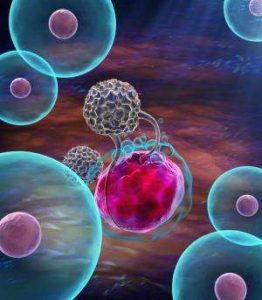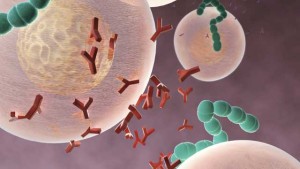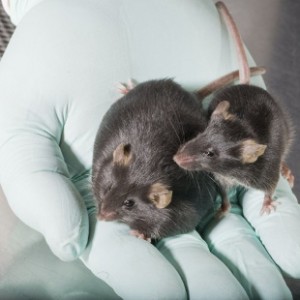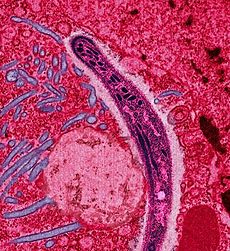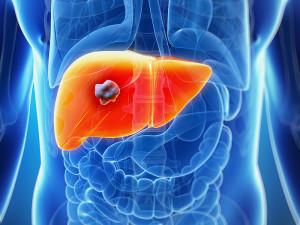A study of COVID-19 patients at two London hospitals has identified blood-based immunological changes that are linked to the disease and, in some cases, to symptom severity. The results, reported in Nature Medicine on Monday (August 17) join a growing body of data on how the human immune system responds to SARS-CoV-2 that will hopefully lead to prognostic tools and potential treatments.
“The study is a nice comprehensive characterization of the different trajectories of host response against SARS-CoV-2 [and] technically well performed,” Antonio Bertoletti an emerging infectious disease researcher at Duke-National University of Singapore who was not involved in the research, writes in an email to The Scientist. It provides “some specific findings, like the severe drop of dendritic cells and the inflammatory cytokine profile,” he adds, “[that] might predict the worsening of the disease.”
Microbiologist and immunologist Stanley Perlman of the University of Iowa who also was not a part of the research team is less optimistic about the potential for prediction. “They came up with parameters that seem to define the different [severity] groups,” he says, “but for an individual [patient] it’s very hard” to make a prediction because “there is so much overlap” between the groups.
He nonetheless praises the efforts of the authors of the paper and similar endeavors, saying such studies provide “a sense for what seems to be happening in people who do worse, which in itself is useful, if not for prognosis . . . it can help you in management [of the disease].”….


